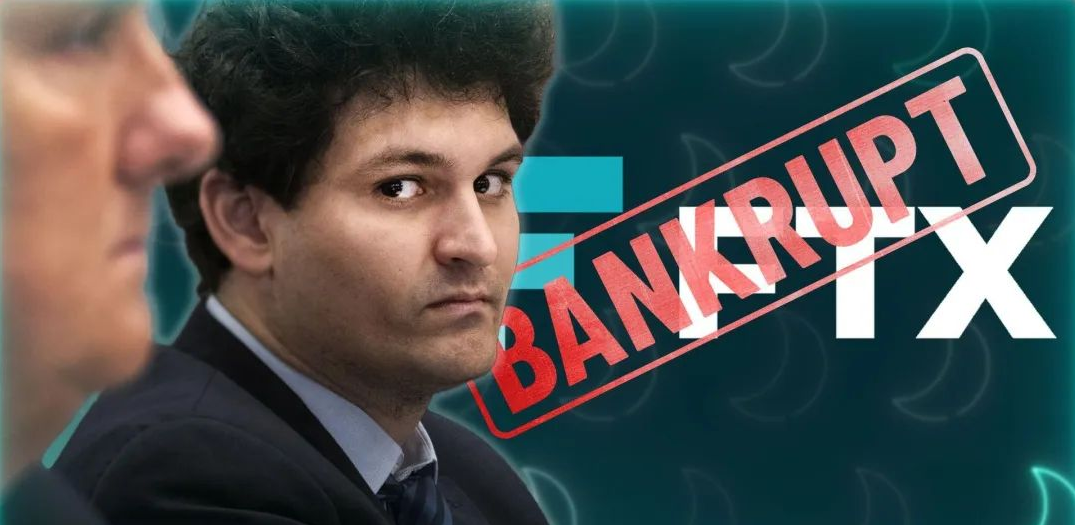Global Blockchain, Digital Assets Regulatory Policy and Practice – Latin America
Latin American countries are more encouraging about the application of blockchain technology, but they have different regulatory attitudes toward digital assets. Most Latin American governments are experimenting with blockchain technology to improve government transparency, including national fiscal revenue and expenditure testing, national identity management systems, banking services, and healthcare. This article will focus on the regulatory policies and practices of the eight Latin American countries in the blockchain and digital assets sectors in Mexico, Venezuela, Argentina, Colombia, Ecuador, Brazil, Bahar, and Bolivia.
01 Mexico
Regulatory policy
In recent years, the Mexican government has frequently issued regulatory policies for blockchains and digital assets, and the regulatory requirements are relatively strict. The main regulatory policies are as follows:
- Science | What is Merkle Pollard?
- Gu Yanxi: Alternative Japanese Stabilizing Coin
- Quote analysis | Or the original formula, or familiar taste, cottage drainage, mainstream siphon
In short, the Mexican government has a strict regulatory attitude toward cryptocurrency transactions, and the operation of digital asset exchanges in Mexico will be regulated by business licenses and business activities.
2. Blockchain technology application
Although the Mexican government has strictly regulated digital asset transactions, it has always encouraged the application of blockchain technology. For example, in September 2017, the Mexican government initiated blockchain technology tracking and monitoring of public project bidding records, using blockchain technology to supervise public projects, introducing transparent mechanisms, and monitoring the entire process of project bidding. In addition, the Mexican government first used blockchain technology for real estate bidding in August 2018 to improve the transparency of open tendering and prevent fraud and corruption in government departments. The blockchain pilot project relies on Ethereum, which consists of three parts: public, administrative, and service. The public node is operated by a Mexican university and a social organization. The administrative node is responsible for verification and the service node manages the key.
02 Venezuela
As Venezuela is currently facing serious hyperinflation and economic sanctions from the international community, its domestic currency transactions are unstable, some people in Venezuela conduct daily transactions in Bitcoin, and some regions are also launching community currencies.
03 Argentina
According to reports, due to the economic crisis and the continued outflow of funds, Argentina’s economic development has stagnated and hyperinflation has occurred. In the first half of 2018, the Argentine currency depreciated by nearly 70%. Therefore, digital asset trading is relatively active in Argentina.
Regulatory policy
According to the National Civil Code of Argentina, cryptocurrencies are not legal tenders and they are considered commodities. The Argentine government has not yet introduced regulations specifically for digital assets, but the December 2017 tax regulations stipulate that income from digital assets is classified as income from stocks and securities.
In addition, the Argentine central bank approved the entry of two digital banks into the digital currency sector in 2017, and Argentina became the first country in the world to approve digital banking for digital currency transactions.
2. Blockchain technology application
The Argentine government has been encouraging blockchain projects. According to reports, the Argentine government has recently decided to invest in Bince Labs, a venture capital firm under the currency, and a blockchain project jointly invested by the Latin American exchange LatamEx.
On March 27, 2019, when Argentine Deputy Minister of Finance Soto Martin visited China, he said that Argentina is preparing to use blockchain technology to foster the production and financing of digital currency and blockchain enterprises.
04 Colombia
In June 2018, the Colombian government held a hearing to discuss how to take advantage of blockchain technology. For digital assets, the Colombian government believes that digital currency is not legal tender or securities, but for tax purposes, it can be seen as It is a "high risk investment."
05 Ecuador
The National Assembly of Ecuador banned Bitcoin and other decentralized digital currency transactions in 2014. On February 16, 2018, the Central Bank of Ecuador issued a statement again stating that Bitcoin is not the payment method authorized by the state.
However, Ecuador launched the “e-money system” in December 2014 and officially started operations in February 2015. Ecuador became the first country in the world to have a state-owned e-money system. The Central Bank of Ecuador has strictly regulated the “e-money system” and the exchange rate is relatively stable. Only eligible Ecuadorian residents have the right to use it.
06 Brazil
The Brazilian Securities and Exchange Commission (CVM) and the Central Bank of Brazil issued a joint statement in December 2017 warning the public about the risks associated with cryptocurrencies.
In January 2018, CVM announced that cryptocurrency could not be legally classified as a financial asset. At the end of February 2018, CVM began to take measures to suspend the issuance of securities related to the local bitcoin mining business, and requested the mining investment agency Hashbrasil immediately. Suspend all activities that provide securities and collective investment contracts.
However, CVM's attitude toward digital assets changed in September 2018 and began to pick up. CVM says that Brazilian investment funds can purchase crypto funds, derivatives, or crypto-equity stocks traded in third jurisdictions as long as they are allowed by regulators in other countries' markets.
07 Bahamas
On June 22, 2018, Deputy Prime Minister and Minister of Finance of the Bahamas, K. Peter Turnquest, said that the Central Bank of the Bahamas would test the influence of digital assets in the country and consider issuing pilot cryptocurrencies to test its effectiveness. At the same time, Turnquest also hopes to use blockchain technology to combat corruption in government systems, and recommends the use of blockchain technology to issue educational certificates, business licenses, passports and insurance.
08 Bolivia
On May 6, 2014, the Central Bank of Bolivia issued a statement on the digital currency: “It is illegal to use any currency issued and controlled by non-government authorization.” The Bolivian government explicitly prohibits citizens from pricing any currency that has not been approved by the state and prohibits any non- Government digital currency is used in the country.
According to the policies of the Latin American countries mentioned above, the regulatory attitudes of countries in the blockchain and digital assets are very different. For practitioners, timely grasp of the policy development trend of countries around the world is crucial for the strategic layout of blockchain applications.
We will continue to update Blocking; if you have any questions or suggestions, please contact us!
Was this article helpful?
93 out of 132 found this helpful
Related articles
- 6 misunderstandings about Bitcoin and blockchain
- An artifact that allows you to hide in the chain and erase traces – Ethereum AZTEC Protocol Guide
- Numbers say | Mainstream VS platform currency, which one should you participate in?
- Cryptographic currency silhouette
- April 7th market analysis: The picture is poor, hit hard
- IEO is the fuse of the market Xiaoyangchun? No, it’s a buryer.
- Dry Goods | "False Rights" Attack on Chain Structured PoS Systems (Part-2)






